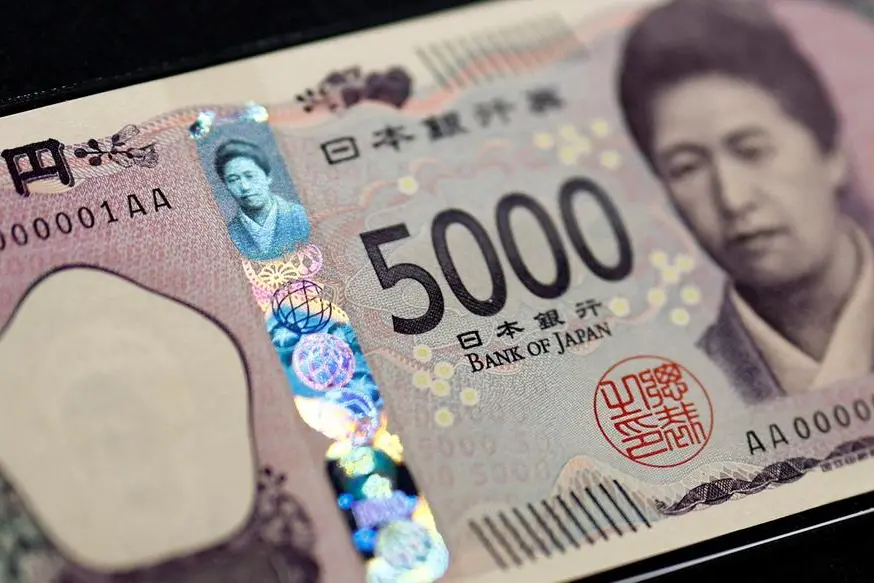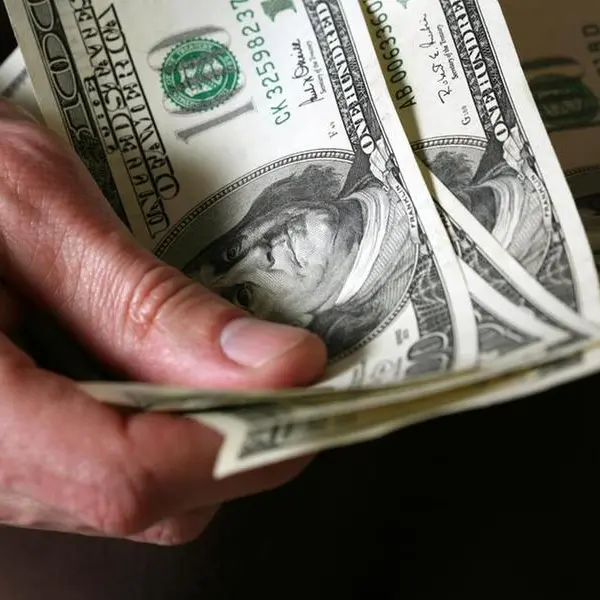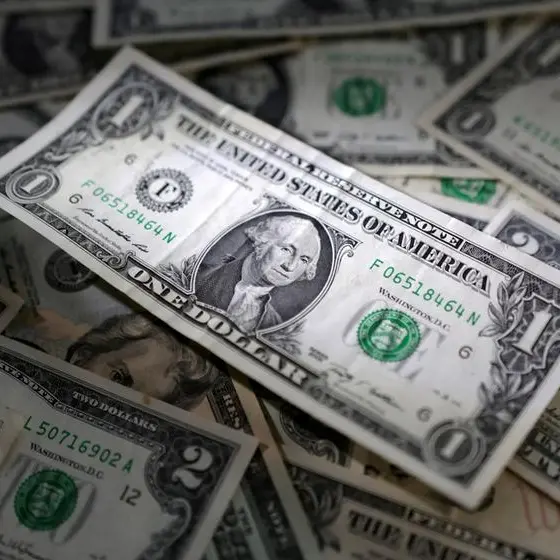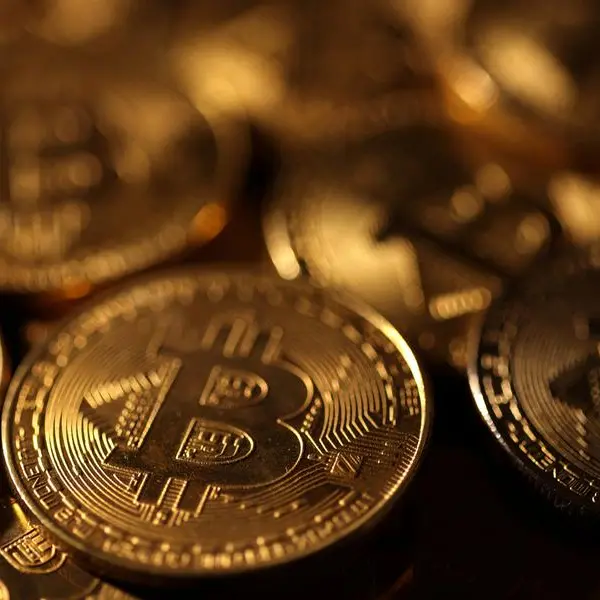PHOTO
TOKYO/LONDON - The yen jumped more than 1% against the U.S. dollar to a six-week high on Friday after faster-than-expected inflation in Tokyo supported bets for a Bank of Japan interest rate hike next month.
The dollar sagged against its peers in trading thinned by the U.S. Thanksgiving holiday.
"The yen is turning into the latest momentum trade ... with little friction to prevent it rising in thin holiday trade," said Matt Simpson, senior market analyst at City Index.
The dollar was down 1.05% to 149.93 yen as of 0915 GMT, and earlier dipped to 149.53 yen for the first time since Oct. 21.
The dollar index, which measures the currency against major peers, fell to a two-week low of 105.61 and was last down 0.25% at 105.8.
The dollar remains on track for a 2% rise in November, fuelled by Donald Trump's clear-cut election victory on Nov. 5, which pumped up expectations of big fiscal spending, higher tariffs and tighter borders - all regarded by economists as inflationary.
Yet the U.S. currency has dropped in recent days. The yen has been the star of the week, set for gains of more than 3%, which would be its best week since July.
A fall in U.S. Treasury bond yields has exacerbated the dollar's declines, while Japan's currency has been boosted by safe-haven flows amid Trump's threats of broad tariffs, and by growing bets on BOJ hikes.
Traders currently lay about 60% odds for a quarter-point increase on Dec. 19, and just over half of economists in a Reuters poll predicted the same.
Potentially adding to the case for an increase, Tokyo's core consumer price index (CPI), which excludes volatile fresh food costs, rose 2.2% year-on-year in November from a year earlier, up from 1.8% last month and beating forecasts for a 2.1% gain.
However, Mizuho Securities strategist Shoki Omori expects the BOJ to keep policy settings steady next month. "Markets are overreacting to Tokyo CPI results," he said.
"Looks like algos kicked in and took this 'headline opportunity' to short dollar-yen," Omori said, referring to computer-driven trading against the U.S. currency.
The euro rose 0.23% to $1.0579. Sterling climbed 0.17% to $1.271, after earlier hitting a two-week high at $1.275.
Nicholas Rees, FX market analyst at Monex Europe, said the rally in currencies against the dollar this week was partly technical. U.S. stocks, bonds and the dollar have risen in November, so some investors need to sell at month-end to make sure they're not above their target allocations to U.S. assets.
"We got a big run-up in the dollar this month, so portfolios have to be rebalanced," Rees said.
A reading of euro-area inflation is due at 1000 GMT (1100 CET) and could give hints on the pace of European Central Bank rate cuts, while investors are alert to France's budget wrangling.
ECB policymaker Francois Villeroy de Galhau said on Thursday that the central bank should keep its options open for a bigger rate cut next month, countering hawkish comments from peer Isabel Schnabel the previous day.
The euro has tumbled about 3% in November as the dollar has rallied, putting it on course for its worst month since May of last year, though it has jumped 1.45% this week.
The Chinese yuan gained as much as 0.26% in offshore trading to reach its highest since Nov. 19 at 7.231 per dollar.
Bitcoin climbed about 1.4% to $96,498, trying to claw its way back to the record high of $99,830 from a week ago.
This month, the leading cryptocurrency is set to book a 38% jump - its best performance since February - on bets for a more favourable regulatory environment under Trump.
(Reporting by Kevin Buckland in Tokyo and Harry Robertson in London; editing by Jacqueline Wong, Muralikumar Anantharaman and Mark Heinrich)





















